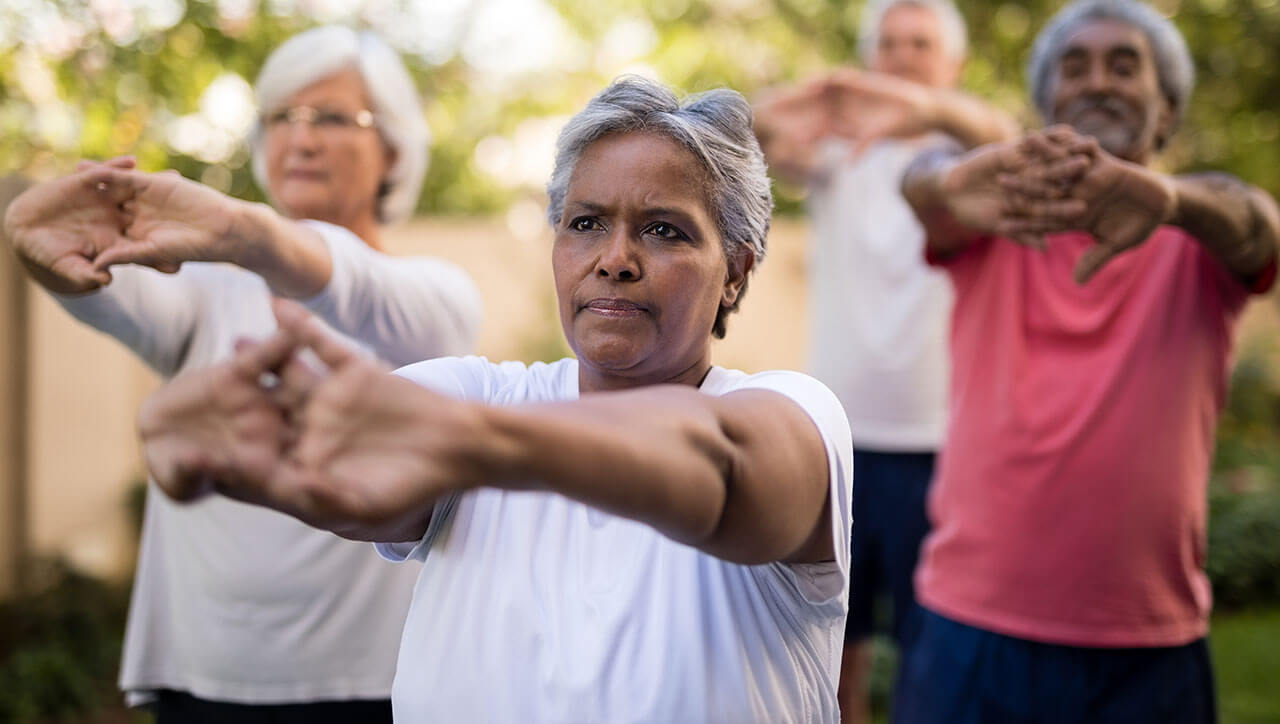Shara Cohen
Why Caregiver Support Should Be Front and Center in Your CAHPS Strategy

Healthcare decision-making is often a family affair. From the time we’re born, family members and other loved ones influence the decisions that help us grow healthy and strong, both physically and mentally. This need for support may ebb and flow over time, but once we turn 65, chances are we’re either providing care to a … Why Caregiver Support Should Be Front and Center in Your CAHPS Strategy
Industry Voices—Why the industry must address family caregiver burnout holistically

Caregivers need wraparound, specialized assistance—an expansion of their circle of care. We need to equip them with the skills to recognize their own limits, to problem solve, and to confidently tackle clinical as well as social, emotional, financial, interpersonal and organizational challenges and continue caring for their loved ones.
Post-discharge: A critical moment for health plans to support caregivers

Hospital stays – particularly for seniors and patients with complex care needs – are stressful and overwhelming. Hospital discharge processes are confusing and insufficient. And, that is rarely the end of the challenge. When someone is discharged from the hospital, they often return to their home in a new state of “normal” — one with likely escalated vulnerability and support needs.
Why Special Needs Plans beneficiaries need specialized caregiver support
Why Redesigning Healthcare Requires a Human-Centered Approach
Health Equity for Caregivers

Healthcare and caregiving are experienced differently by members of different communities. Nearly 40% of caregivers in the U.S. are BIPOC (Black, Indigenous, People of Color). What’s more, LGBTQ+ people are more likely to be caregivers compared to non-LGBTQ+ people. And to achieve health equity, it’s vital that every caregiver can navigate access to resources for their loved ones.




